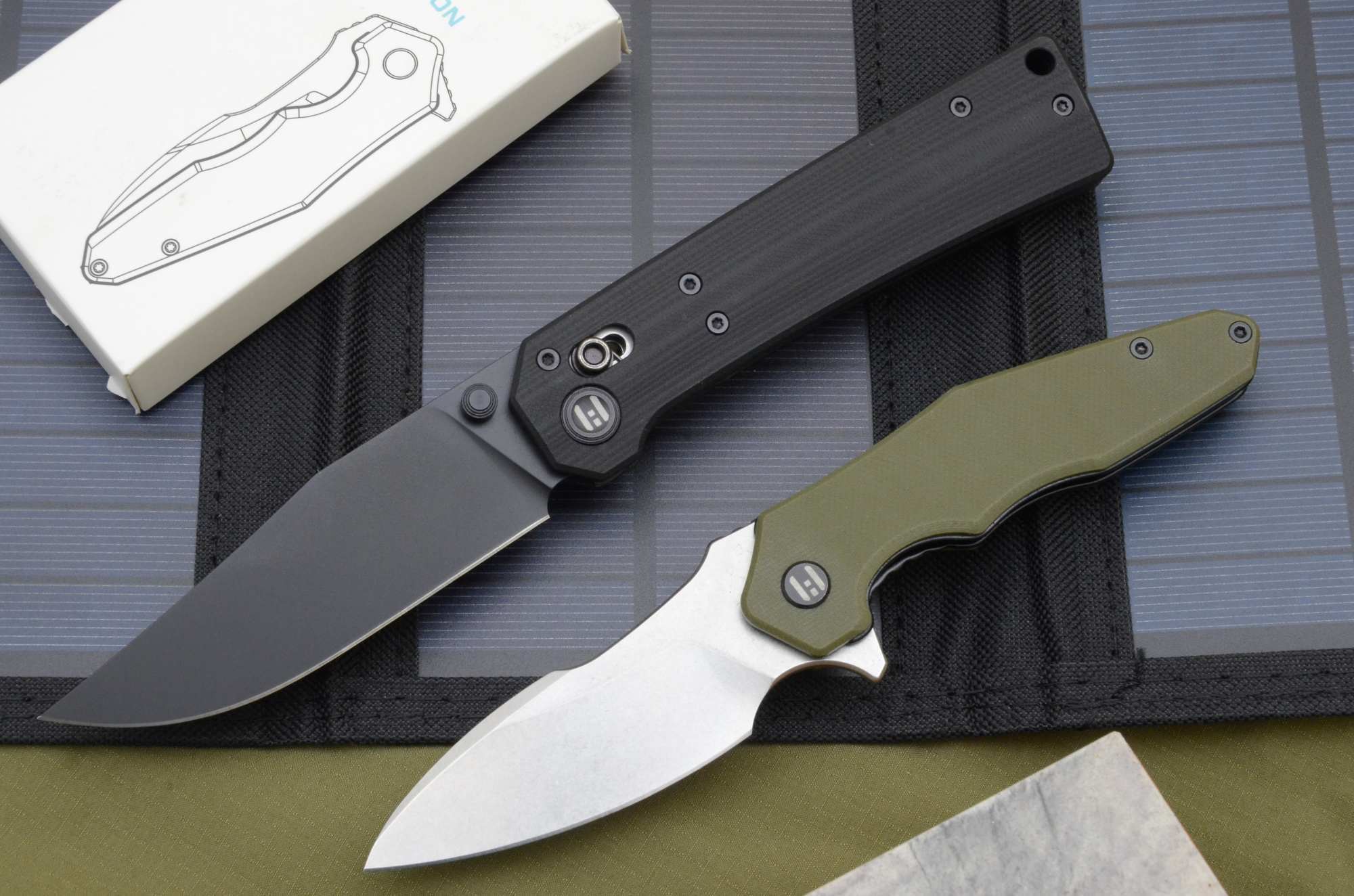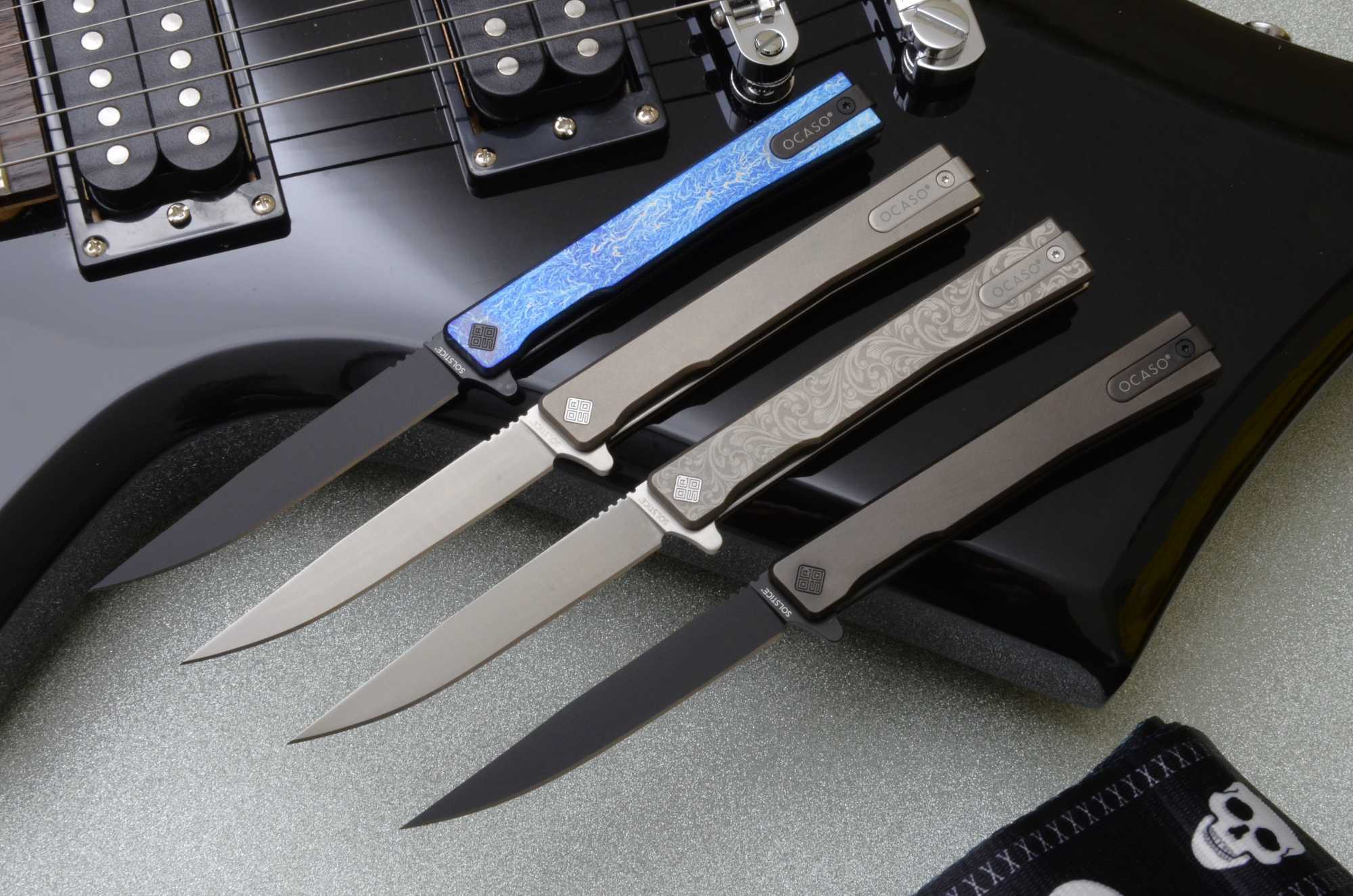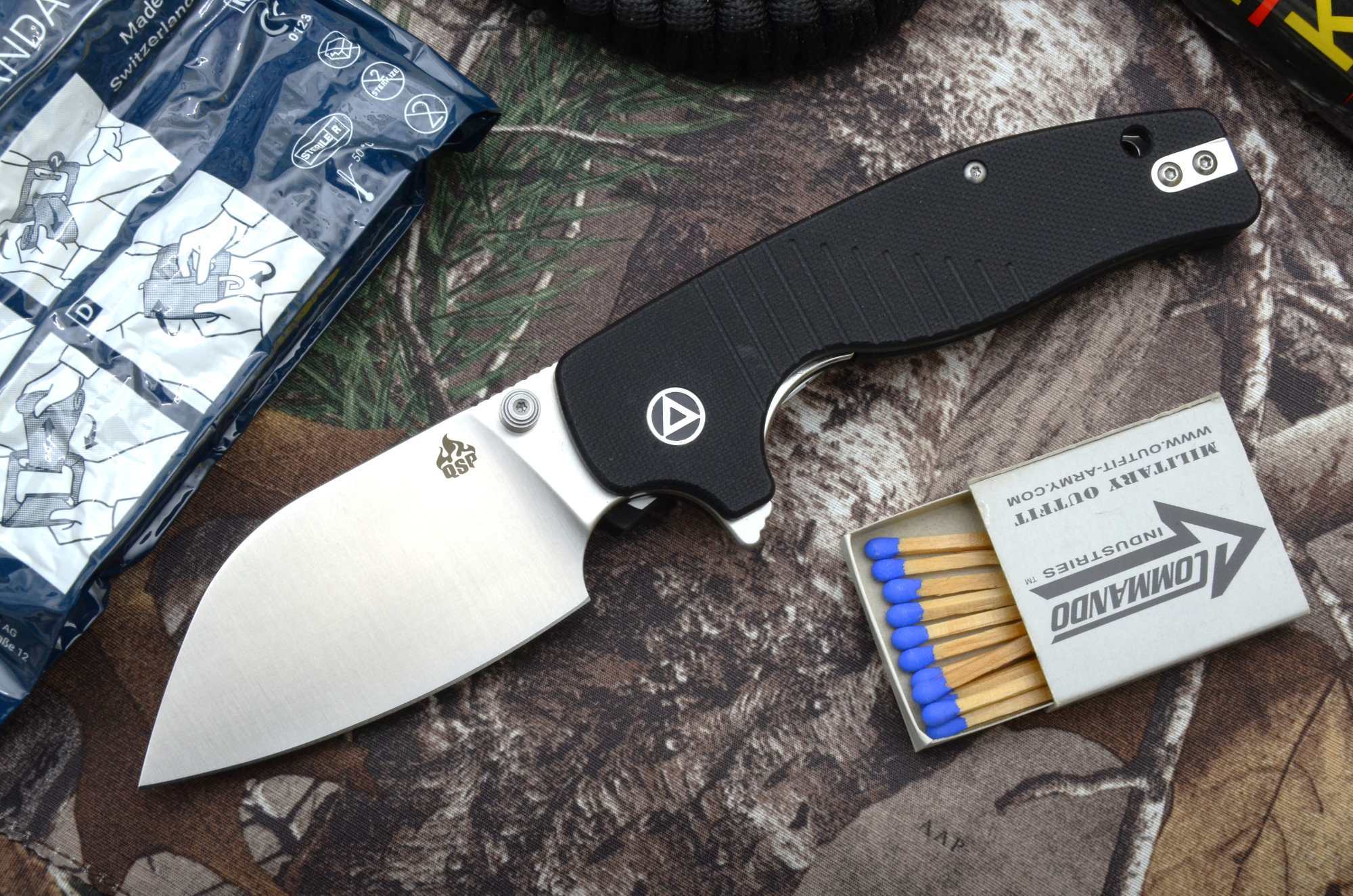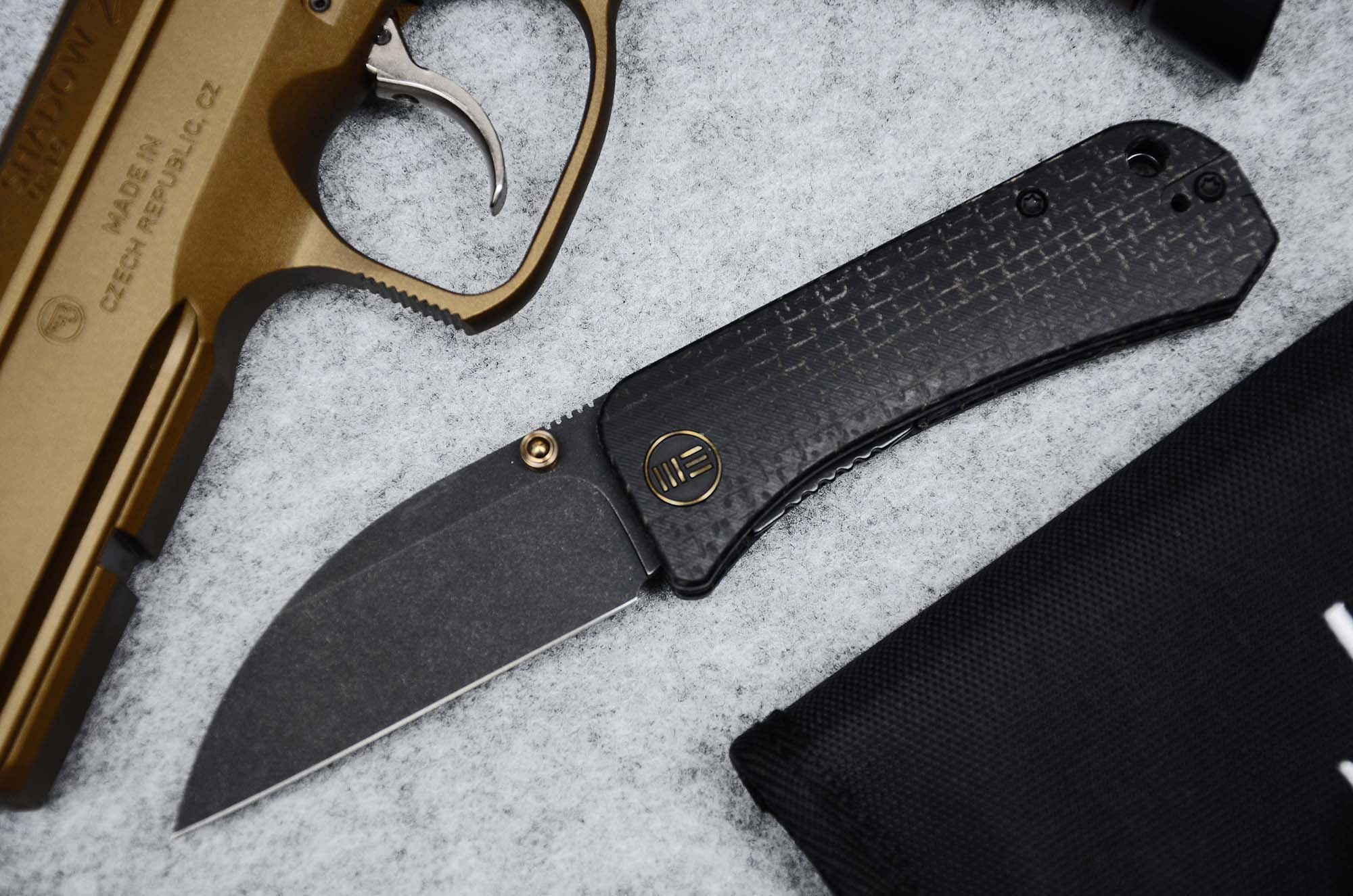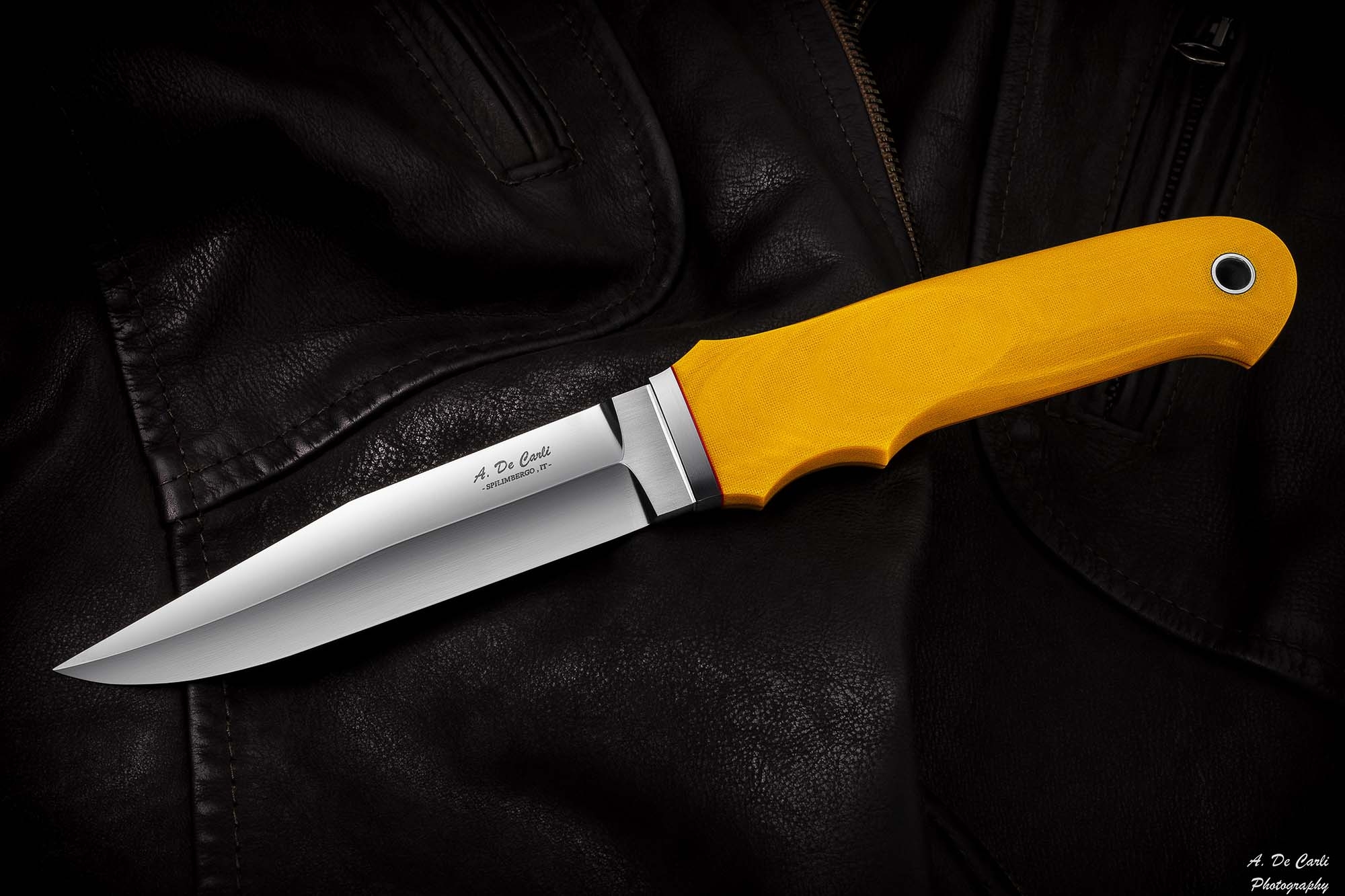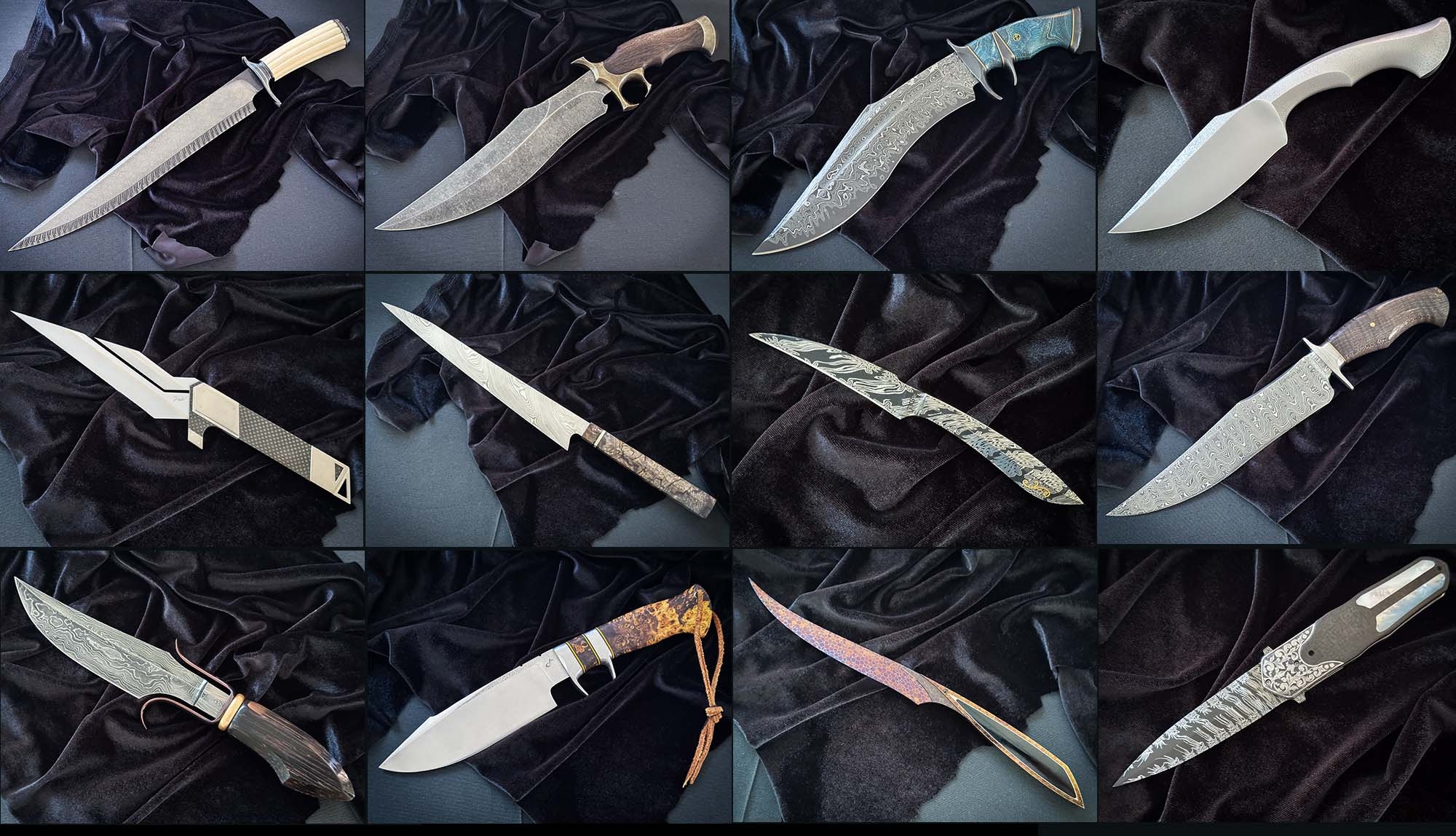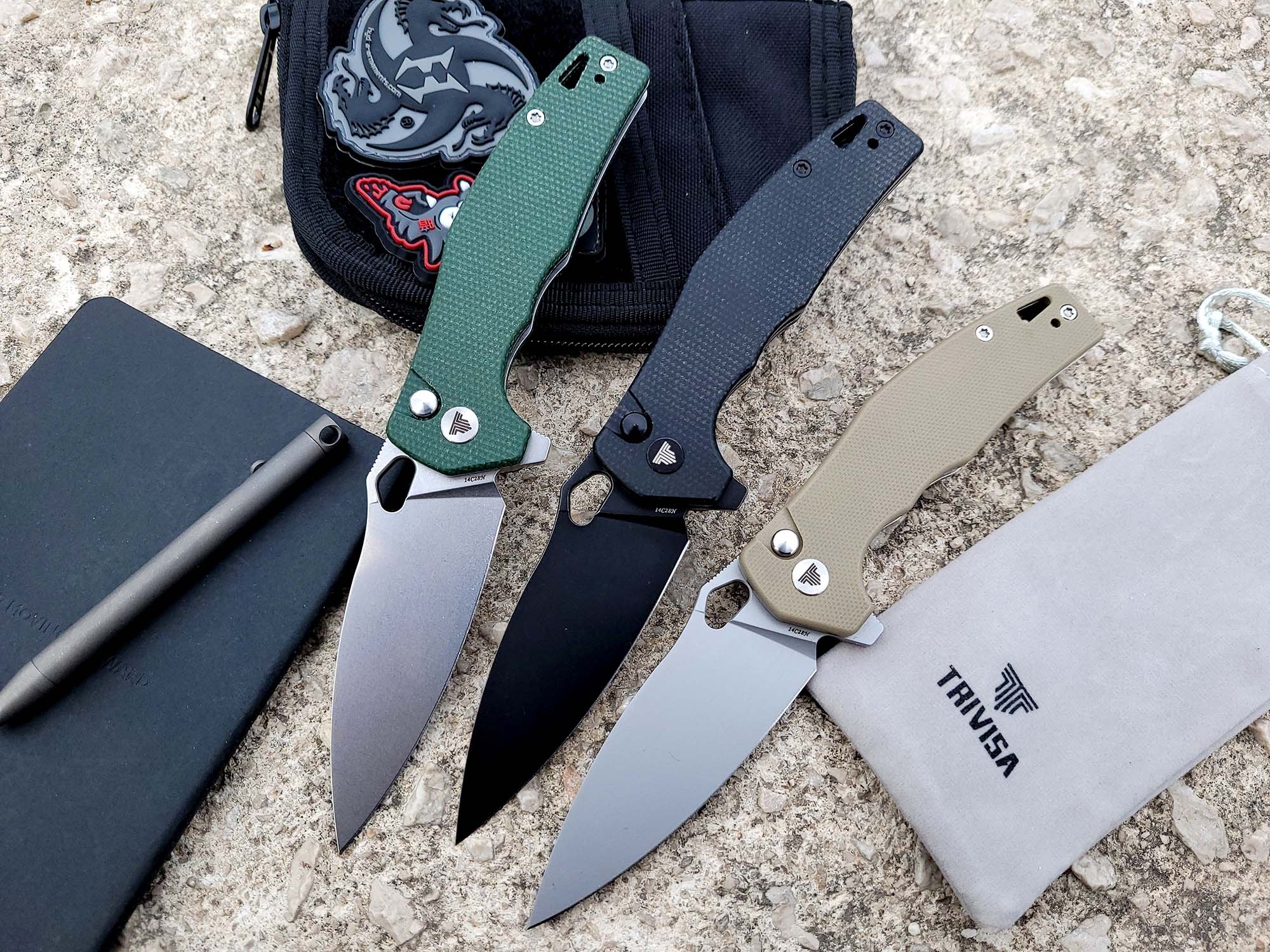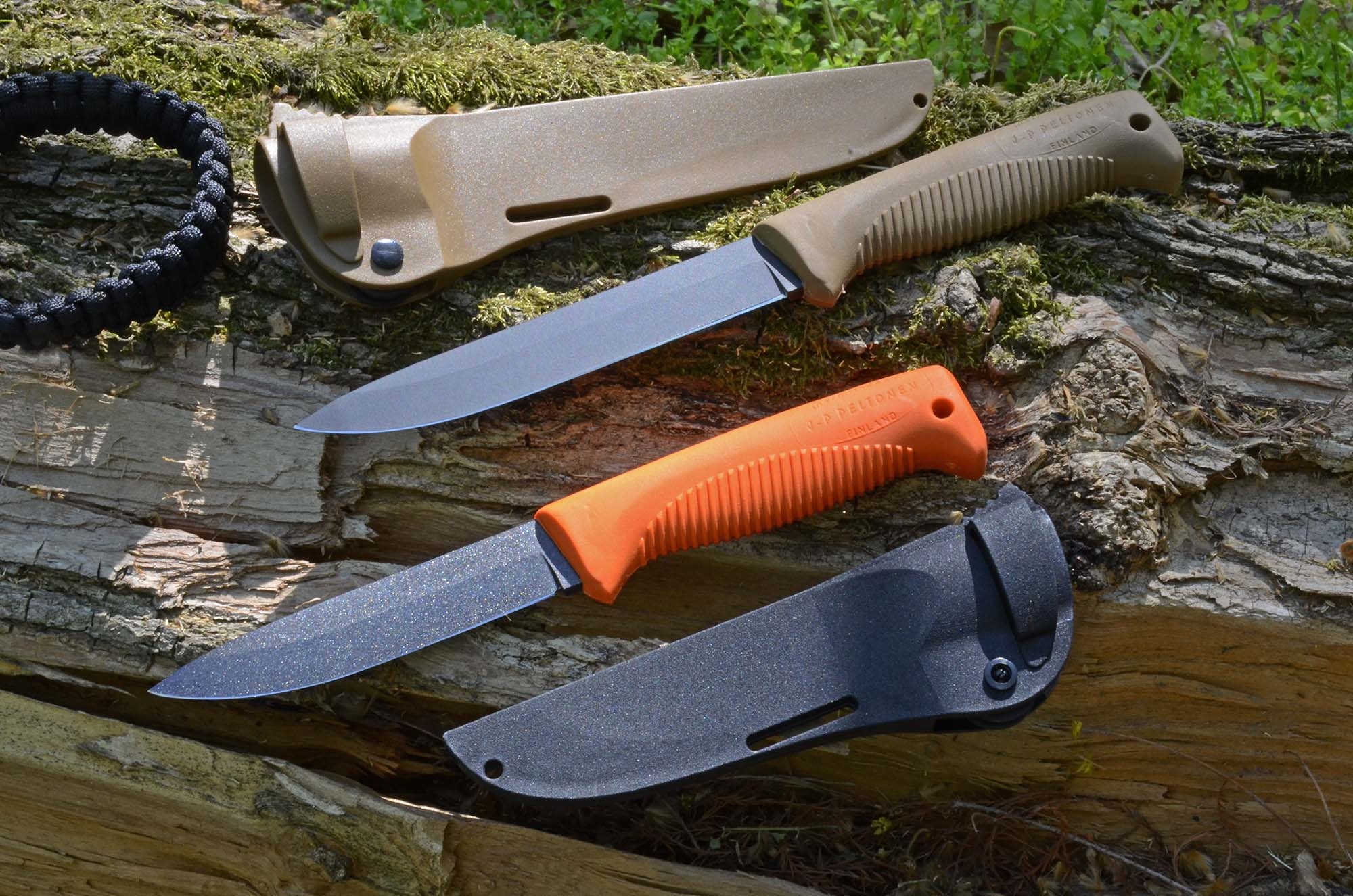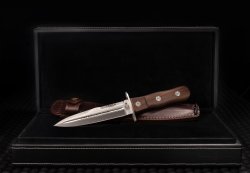
According to a still very widespread superstition, giving a knife as a gift can bring bad luck, or "cut" the friendship between the blade giver and the recipient. For this reason, those who receive a knife as a gift should get rid of bad luck by offering the giver a coin, which makes it a purchase and not a gift.
It is a prejudice so deep-rooted that it has survived the digital age, so much so that several websites providing advice on gifts still report and support it.
The origin of this belief seems to date back to the days of the Vikings, for whom receiving a knife as a gift – or most likely, an axe – implied you were so broke that you couldn't afford one, which was a real disgrace.
But if we look at superstitions and customs related to knives worldwide, we'll realize how knives are almost universally considered powerful talismans, objects of strong apotropaic value – that is, capable to ward off misfortune. Let's discover some of these popular beliefs.
According to ancient traditions, giving a knife to a pregnant woman would ensure an easy delivery, while planting a knife in the ground in the house foundations would keep bad luck away. A knife placed in a newborn's cradle would be a powerful talisman, and according to Danish traditions they used to tie to newborns' cradles a bag containing salt, bread, rosemary and a knife to keep away dark spirits, dwarfs and other evil creatures.
In Saxon culture the dead were buried with a knife so that they would not be helpless and unarmed in the afterlife.

According to a Greek tradition, holding a knife with a black handle under the pillow protects against nightmares. In Cretan tradition young brides walked down the aisle hiding a small knife with a black handle in one of their shoes, as a charm against the curses of the envious. Immediately after the wedding, the bride and groom used the same knife to cut a cross on their house's threshold to ward off demons and evil spirits.
The black-handled knife is an object full of magical meanings
. According to neopaganism,
black absorbs negative energies and the blade return them to the sender
. It is no coincidence that one of the most sacred objects of the Wicca liturgy is the
Athame
, a dull knife, with a black handle, which during the rites is only used as a conveyor of energy.
The cultellum nigri manubrii (black-handled knife) is a tool full of positive values for the traditional European magic, that uses it to close the magic circle protecting the magician from dangerous contact with spirits
Of course, sometimes knives are subjects of "double-edged" beliefs: for example, in Iceland, if a knife slips out of a fisherman's hand while he's cleaning the fish and it falls with the tip towards the sea, it bodes well for a particularly abundant catch. If, on the other hand, it falls with its tip towards the land, nets will remain empty for a while...
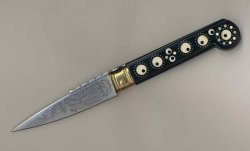
In Italy, where knife-related beliefs abound, one of the most beautiful traditions related to blades as a gift is the Coltello d'amore ("Love Knife") , typical of 18th-century central and southern Italy. The love knife was exchanged as a pledge between couples getting engaged. It usually bears engraved on the blade romantic phrases and designs and features a black buffalo horn handle, on which small circular bone inlays called "dice eyes" stand. These dice eyes have the function of removing evil looks and evil eye from the loved one. After the wedding, the love knife was usually hung over the marriage bed to ensure love and happiness to the couple.
The 18th-century
Tyrolean Fuhrmannsbesteck knife
features blade engravings that had a particular meaning. On one side it was engraved with nine moons and nine stars (or crosses) – "Neun Sternen neun Monde" in German – and on the other side the acronym "I.N.R.I" or, more commonly, I.H.S
The power of these symbols combined with the steel of the blade gave the knife the power to counter evil. The number 9 is particularly magical because it strengthens the number 3, a symbol of healing (3x3 = 9). A Tyrolean nursery rhyme reads "Neun Kreuz und neun Mou' - Giwag alles Hexn Werch ou" that is "nine crosses and nine moons cancel the whole work of the witches"

Similar in power and use is also the Drudenmesser folding knife, also rich in symbols on the blade and handle that keep away a specific evil spirit, the Drud – also called Trud or Alp – a being that's able to change shape to better sneak into men's houses.
Negative superstitions and their teaching
There are also beliefs that attach a negative, or at least rather ambiguous meaning to the knife, of course.
A widespread superstition in Greece and Turkey is that two friends should never pass a knife directly to each other. If necessary, one must place it on a table or on the ground, and then the other will pick it up. Another superstition says that you should never fold a knife used by someone else. Another, of Russian origin, warns against licking the blade of the table knife, under pain of accidents and misfortune.

These beliefs actually have a logical sense, because they invite caution when handling of knives, especially folding ones.
But is it bad luck to give a knife as a gift? Obviously not, and in many countries giving a knife is a custom consolidated so that many manufacturers have "presentation" models in their catalogs, particularly suitable to be customized and donated.
Giving a knife is not bad. On the contrary, in addition to allowing us to be original, it contributes to spreading the knife culture. And if you really want to get rid of a coin, set it aside and give it to those who really need it.





